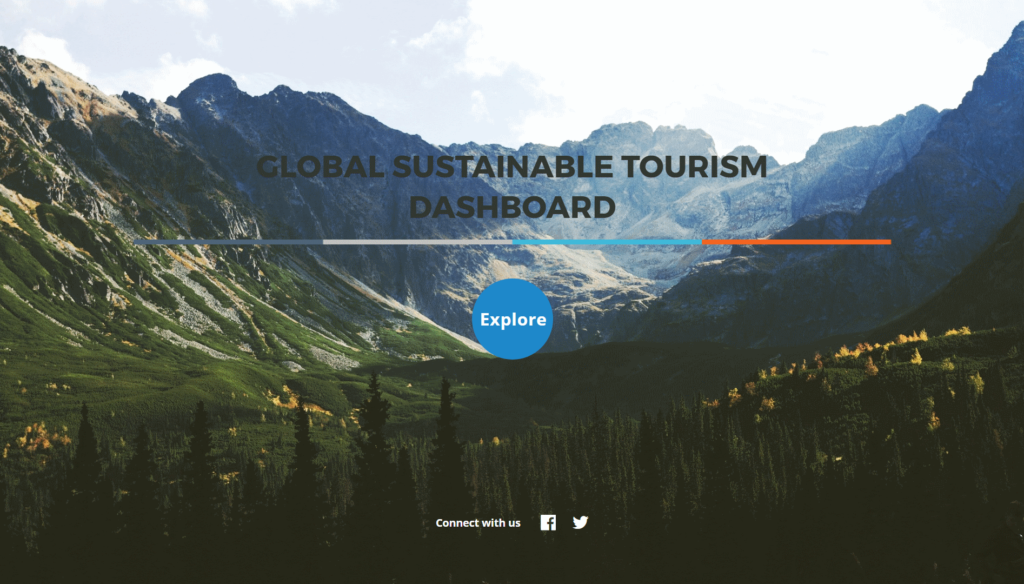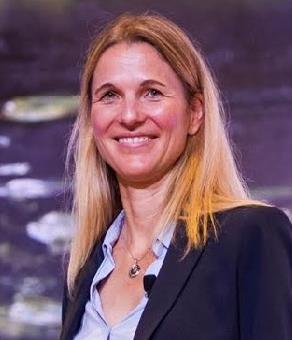“Tourism contributes to sustainable development.” Are you sure?

Tourism as a force for good?
Tourism is now one of the most significant economic activities and social phenomena on this planet. The United Nations World Tourism Organisation (UNWTO) reports that in 2016 over 1.3 billion people crossed international borders, spending a total of US$ 1,401 billion. This amount of money is considerable, and without any doubt it presents an opportunity for job creation, improved livelihoods and development more broadly. There are plenty of case studies that demonstrate how tourism activity in a particular destination or community can improve living standards. But there are also case studies that show the opposite.
So, on a more general level (and maybe taking something like a helicopter view), how do we know if common claims of tourism as a tool for poverty alleviation, a vehicle for peace, a mechanism to save biodiversity and so forth, are true? Where are the data to show that these benefits occur for real?
More data, better data
Clearly, tourism is a key driver in achieving progress across the 17 United Nations Sustainable Development Goals (SDGs), for better or worse. To have an informed discussion, be able to set priorities, and channel activities of well-meaning organisations and donors, it is important to have access to evidence that tracks or assesses tourism’s impacts. The Measure-To-Manage principle has never been more pertinent than in today’s world where resources are dwindling, populations are growing, and ecosystem thresholds are being approached.
The Global Sustainable Tourism Dashboard is designed to do exactly that: Measure and monitor tourism’s contribution to sustainable development across a range of key sustainability dimensions. Each dimension is underpinned by a number of indicators that were developed with stakeholder input to give some confidence in whether tourism is ‘tracking in the right direction’ or whether more concerted intervention is necessary.
The Dashboard presents longitudinal data that are provided by key industry partners or are generated specifically for the Dashboard. One surprising insight was to see how little sustainability data there actually is. It is therefore hoped that, as one of the benefits, the Dashboard catalyses greater effort in the area of tourism monitoring. Effort means: more data, better data, and consistent data.
Insights & myths
In addition, the Dashboard has already revealed other major insights, or in some cases busted existing myths. For example, the proportion of international tourism that arrives in Least Developed Countries and Small Island Developing States is actually very small (under 6%). This surprises most people as there is a belief that tourism distributes wealth from rich to poor countries. This is not true; especially when considering that about half of the global travel volume occurs between ten countries only. Measuring progress over time, however, shows improvements. In the case of cash transfer into less developed countries there has indeed been a positive trend.
That is the good news. The Dashboard reveals other issues that pose a challenge to tourism. One Achilles heel to sustainable development is the considerable carbon footprint of passenger aviation. Improving aircraft efficiency is useful but does not outweigh growth rate, so it is a problem of growing significance. More positive progress can be reported on resource efficiency in hotels where efficiency improvements are sufficient to compensate growth or in some cases even lead to real reductions in carbon emissions.
Reporting for all
The Dashboard holds some interesting information for decision makers at the global level, but importantly it should also be of interest to national-level stakeholders or any company interested in sustainability reporting. It provides a well-researched and supported framework that can be down-scaled or modified for different purposes. Ultimately, the vision is to develop National Dashboards for every country, and these feed back into an increasingly robust global data platform. This is already implemented for common tourism statistics, such as arrivals and expenditure, and it is time now to extend such systems to non-economic indicators that reflect the full suite of sustainability dimensions.
About the author

Dr Susanne Becken
Dr Susanne Becken is the Director of the Griffith Institute for Tourism and a Professor of Sustainable Tourism at Griffith University, Australia. Susanne has led several large scale research programs on sustainable tourism, including the Global Sustainable Tourism Dashboard, and has undertaken a broad range of consultancy work in New Zealand, Australia, Fiji, Samoa, Tunisia and for global organisations, such as the UNWTO, UNISDR and UNESCO. Part of Susanne’s work is to provide advice to industry and policy makers. In 2015/16, she was an invited expert on Queensland’s Great Barrier Reef Water Science Ministerial Taskforce. She is now a member of the Air New Zealand Sustainability Advisory Panel. Susanne is on the editorial boards of five tourism journals.
Related posts





